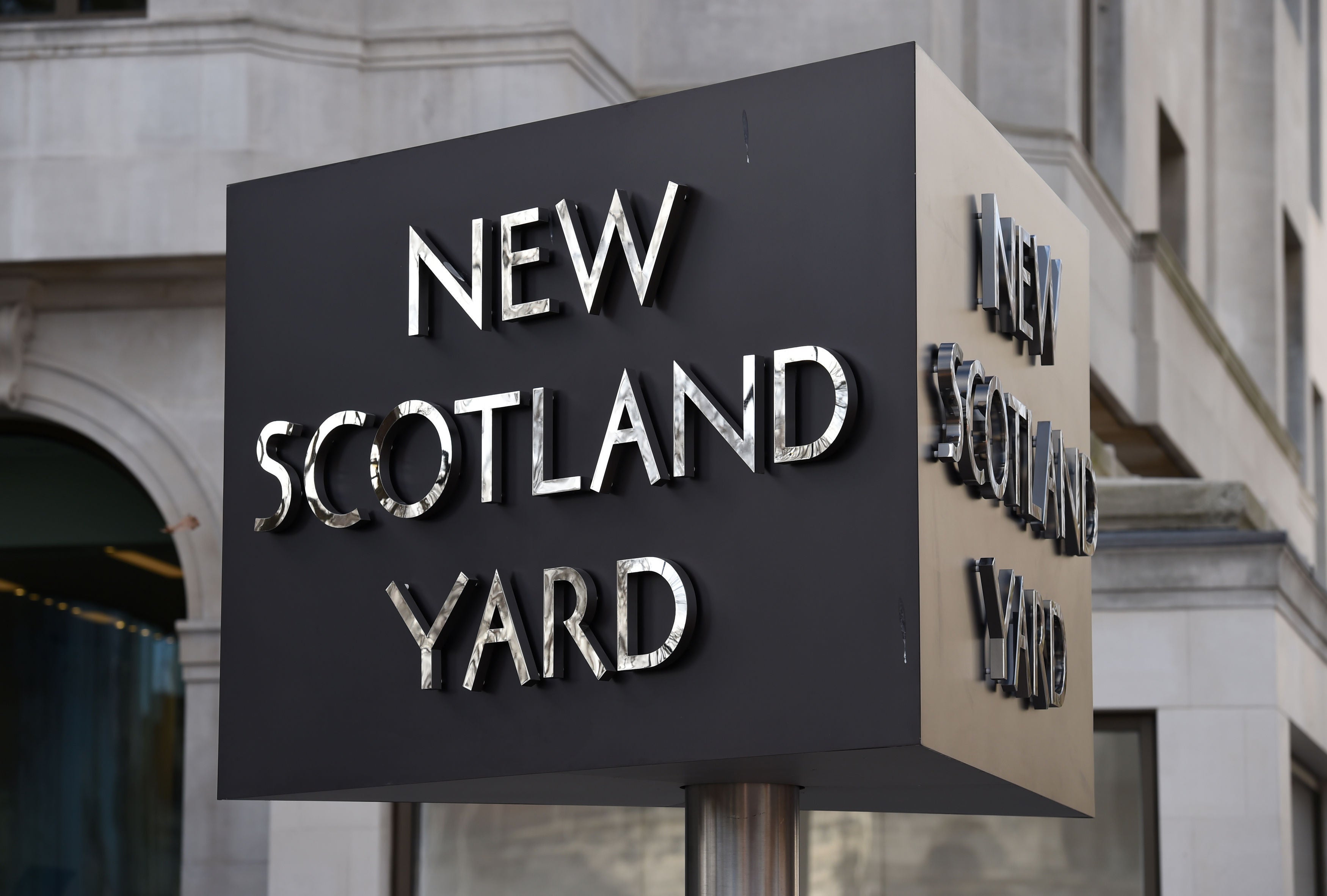Met defends handling of Owami Davies case against suggestions of ‘racial bias’
The student nurse was found safe and well.

The Metropolitan Police has defended its handling of Owami Davies’ disappearance against suggestions of racial bias, revealing the case was its biggest missing person investigation this year.
Scotland Yard said any commentary implying the search for the 24-year-old student nurse was prejudiced or insufficient was “unsubstantiated” and did a “disservice” to the work done on the case.
It added such suggestions “including from former police officers” were based on speculation, after Ms Davies was found safe and well in Hampshire on Tuesday following a seven-week investigation.
Ex-Met chief superintendent Dal Babu was among those to pen opinion pieces about the case, writing an article published by the Guardian on Wednesday which carried the headline: “What would the Owami Davies case look like if she were a blonde white woman?”
Met Commander Paul Brogden, who worked on the investigation, said on Thursday: “Any commentary, including from former police officers, that suggests our response to Owami Davies’ disappearance was insufficient or motivated by racial bias is unsubstantiated and based on speculation.
“It does a disservice to the tireless work, over many weeks, of the officers involved.
“This was the biggest missing person investigation conducted by the Met this year and among the biggest in recent years.
“It involved a significant number of officers including specialist detectives with expertise in complex cases.
“We are very pleased that their extraordinary efforts, with the assistance of the public and the press who shared our appeals, resulted in Owami being found.
“We always review significant cases to learn and improve and we are doing so in this instance alongside our colleagues from Essex Police.
“We will be transparent about any lessons that emerge.”
Ms Davies had last been seen walking north along London Road in Croydon on July 7 and concerns had been growing for her safety.
Despite the arrests of five people and numerous appeals for information, officers were struggling to locate Ms Davies as they trawled through 117 reported sightings of the 24-year-old.
The 118th report, made in response to a media appeal by a member of the public, at 10.30am on Tuesday was the one which led to her being found.
On Wednesday, the police watchdog said it had ruled out a probe over a referral made by Scotland Yard in relation to contact officers had with Ms Davies on July 6.
She was found asleep in a doorway in Clarendon Road, Croydon but told officers she did not need help and left.
Her family had already reported her disappearance but she had not yet been marked as missing on the police database.
The Independent Office for Police Conduct (IOPC) said it had received a mandatory death or serious injury (DSI) referral from the force, which was no longer valid after Ms Davies was found.
The Met had filed the report after making arrests on suspicion of murder in connection with the investigation.
Ms Davies was reported missing by her family on July 6 to Essex Police after leaving the family home in Grays two days earlier, saying she was going to the gym.
The case was officially transferred to the Met on July 23.
Scotland Yard has said it will review “all aspects” of the search for Ms Davies to assess whether any lessons could be learned.
Bookmark popover
Removed from bookmarks